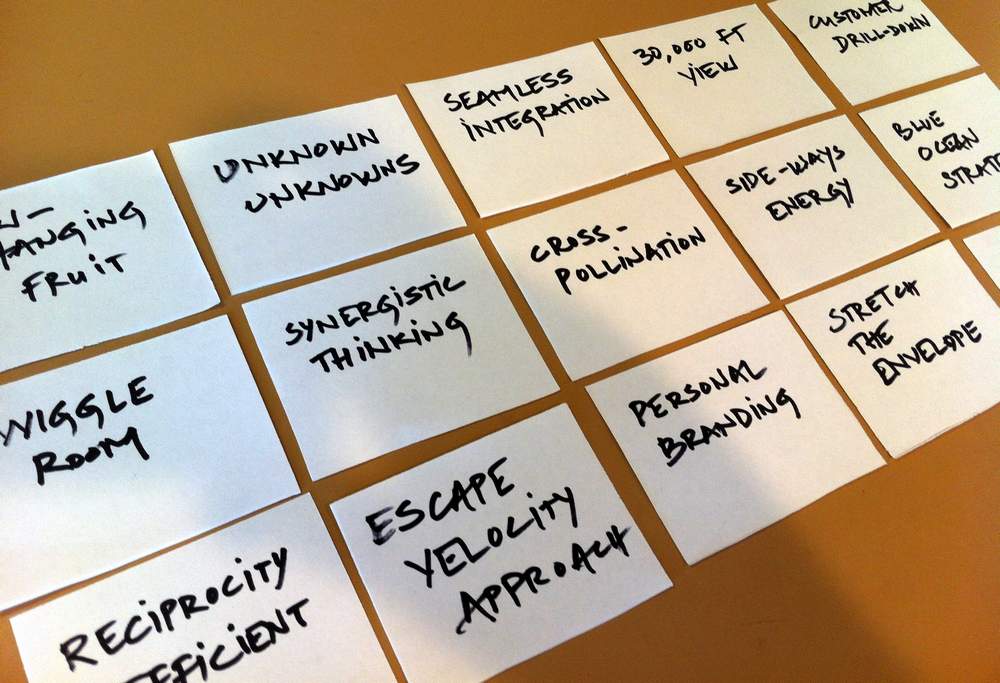In a recent article on “Facebook envy,” I wrote about how looking at the carefully curated lives of others on social media can provoke insecurities about one’s own accomplishments—or lack thereof.
In response, a blog reader directed me to journalist Keith Breene’s writeup about a study on why millennials aren’t happy at work. Here’s a précis:
Much of the stress and anxiety reported by twenty-somethings is caused by ruthless comparison with peers. Emerson Csorba, director of the consultancy Gen Y, reported one millennial describing the challenge like this: “If we are not doing something exceptional or don’t feel important and fulfilled for what we are doing, we have a hard time.”
Where is the pressure coming from? With millennials more connected than any previous generation, opportunities to compare levels of success are ubiquitous, creating anxiety and insecurity. The accomplishments of peers, shown on social media, are a constant prompt to examine millennials’ own successes or failures. The problem is made much worse by the fact that only positive achievements are posted—you only ever see the good stuff.
Even though everyone knows that social media is a kind of PR feed of people’s lives, when you spend so much time online, these messages can easily become overpowering.
Idea for Impact: Resist the Envious Consequence of Social Media
Everyone’s lives are far from perfect, notwithstanding the dreamy pictures they’re posting on social media.
Protect yourself and your own internal goodness from self-sabotage. Rejoice in your real accomplishments without needing to show off to anyone else or seek external validation. Care less for what other people think.
Life isn’t a competition. There isn’t a race to the finish lines.
Furthermore, making others envious should never be a motivation for curating your social media posts. Nothing good comes from trying to be the envy of others.
.jpg)

.jpg)